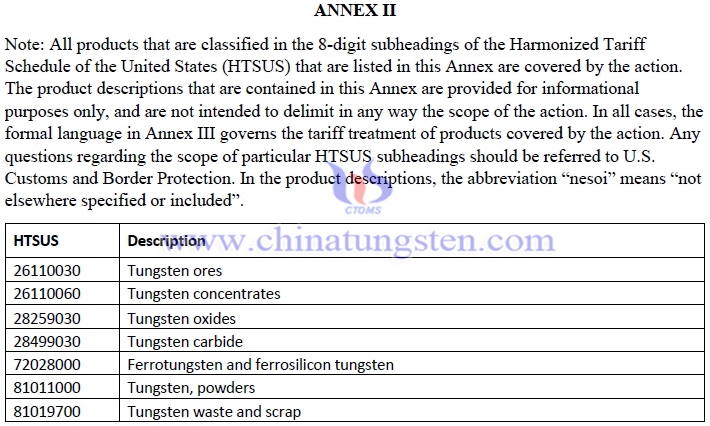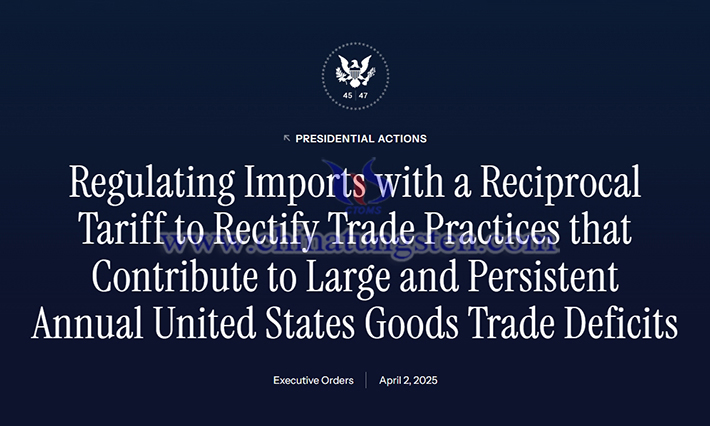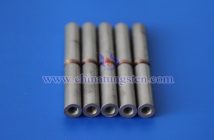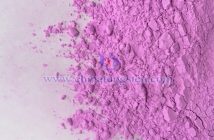On April 2, the White House announced that the United States has entered a state of national emergency and imposed a 10% "reciprocal tariff" on all trading partners. At the same time, it released an exemption list, excluding copper, pharmaceuticals, semiconductors, wood products, certain critical minerals, and energy and energy products from the new tariffs.

According to Chinatungsten Online, the tungsten products listed in the exemption category include:
HTS 26110030 Tungsten ores
HTS 26110060 Tungsten concentrates
HTS 28259030 Tungsten oxides
HTS 28499030 Tungsten carbide
HTS 72028000 Ferrotungsten and ferrosilicon tungsten
HTS 81011000 Tungsten powders
HTS 81019700 Tungsten waste and scrap
Tungsten products have become a focal point in the strategic competition between China and the United States due to their critical value in fields such as the military industry and semiconductors. The U.S. tariff exemption list exposes its supply chain dependency issues, while China's export controls and the pressures of global supply chain restructuring intensify the competition for resources. Behind the fluctuations in tungsten prices lies the risk of policy games.

It is understood that the core of this series of U.S. tariff policies is to protect domestic industries and supply chain security through the imposition of tariffs. However, the release of the exemption list reveals strategic considerations regarding critical minerals. Tungsten, as an indispensable industrial raw material, is widely used in areas such as cemented carbide manufacturing, aerospace, electronic equipment, and the defense industry. The stability of its supply chain is vital to the U.S. economy. The range of exempted tungsten products this time encompasses key tungsten raw materials and recycled tungsten raw materials—from tungsten ores to tungsten carbide and tungsten waste and scrap—indicating that the United States finds it difficult to completely free itself from dependence on imported tungsten resources in the short term. This decision is linked to the limited domestic tungsten resource reserves and high production costs in the United States. It also reflects that, amid global supply chain tensions, the U.S. is more inclined to ensure a stable supply of critical raw materials rather than completely blocking imports.



